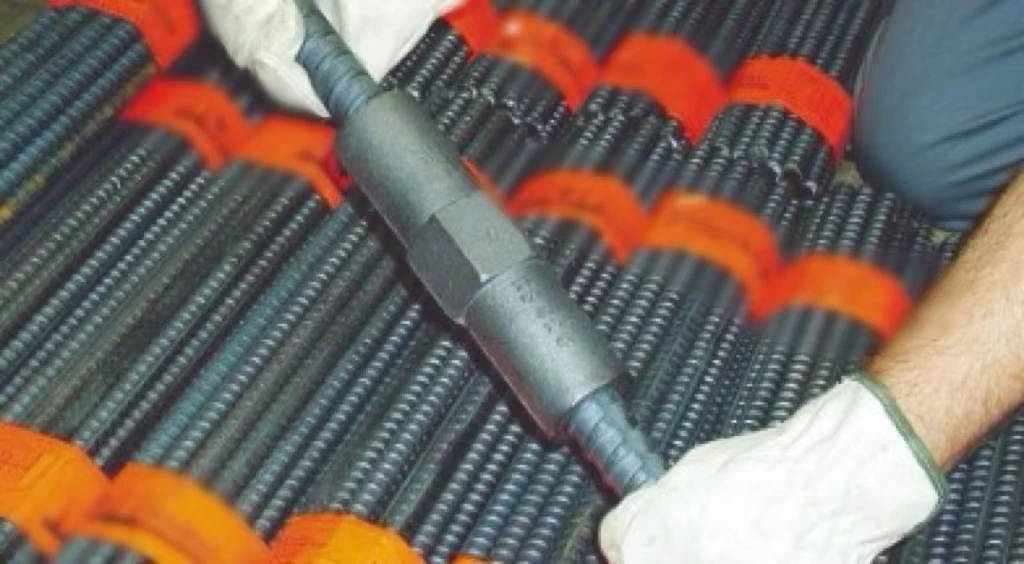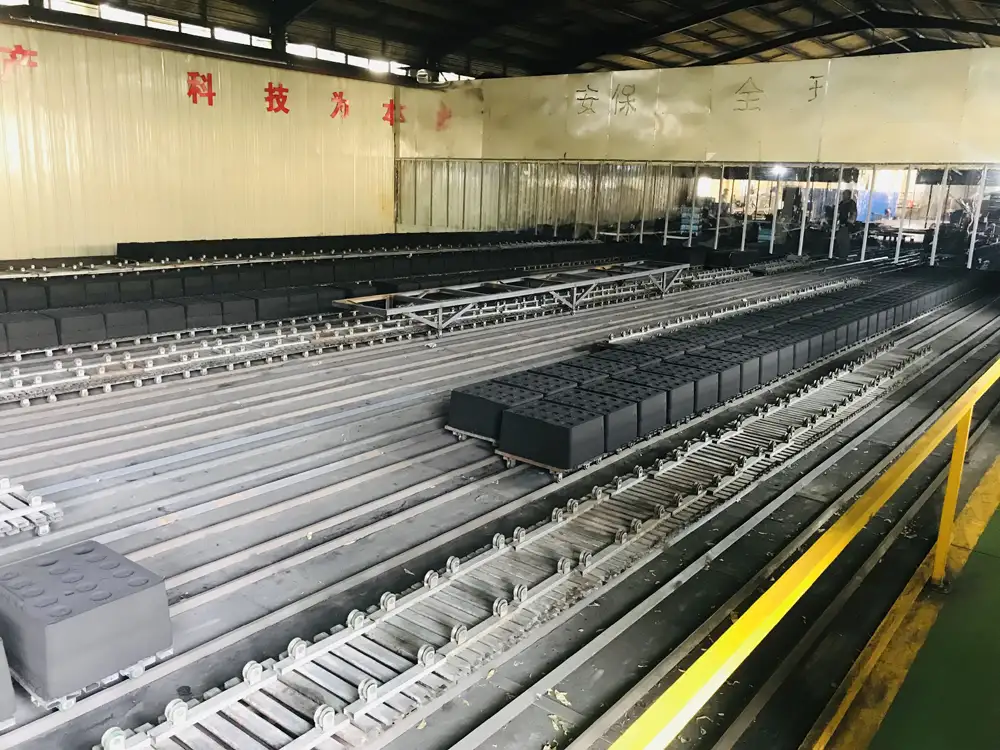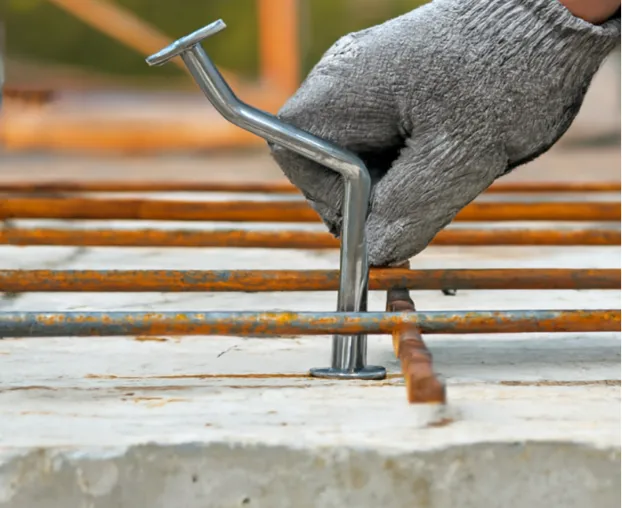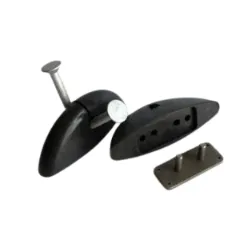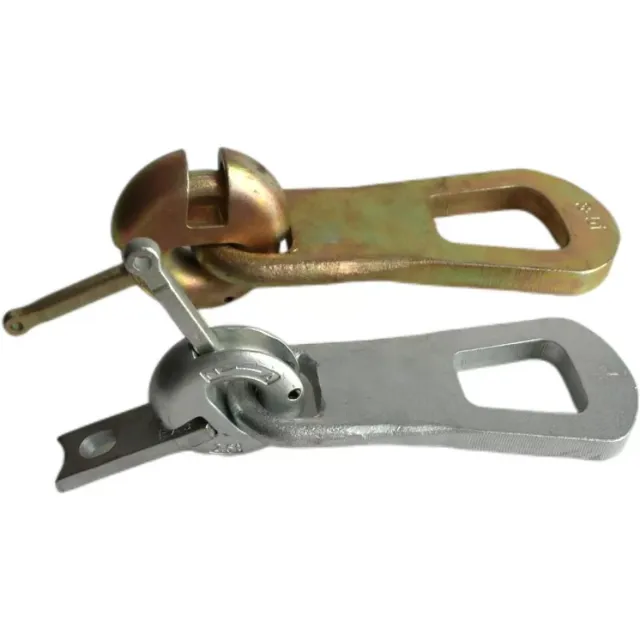Introduction to Mechanical Connector Couplers
Mechanical connector couplers are essential components that join two separate elements within various systems and structures. Employed across diverse industries, these devices play a critical role in ensuring stability, functionality, and efficiency. From construction to aerospace, the relevance and application of mechanical connector couplers are manifold.
Definition and Overview
A mechanical connector coupler is a device engineered to connect two or more components securely, facilitating the transfer of mechanical forces or signals. Common in settings where parts need to operate harmoniously, couplers ensure that these connections are both strong and flexible, adaptable to varying conditions and requirements.
Historical Background
The origin of mechanical connector couplers dates back to the industrial revolution when the need for reliable and efficient machinery connections became paramount. Over time, advancements in materials science and engineering have significantly enhanced the design, functionality, and application of couplers. Today’s couplers are the product of extensive research and development, embodying safety, durability, and precision.
Importance in Modern Engineering
In modern engineering, mechanical connector couplers are indispensable. They are utilized to assemble machinery, connect structural components, and integrate various systems. Their capability to handle significant stress while maintaining alignment and cohesion makes them vital in ensuring operational success in several industries.
Purpose of a Coupler
Understanding the purpose of a mechanical connector coupler is essential to appreciating its broad applications. These devices perform fundamental functions that are integral to system performance and efficiency.
Fundamental Functions
The primary function of a coupler is to join two components in a manner that allows for the transfer of power, motion, or signals. Mechanical connector couplers are designed to absorb misalignment, reduce vibration, and facilitate movement between connected parts. This adaptability ensures that machinery and structures can operate seamlessly under various conditions.
Typical Applications in Various Industries
Mechanical connector couplers are utilized across multiple industries, each with unique demands and requirements.
Construction
In the construction industry, couplers are used to connect steel girders, pipes, and other structural elements. They provide the necessary strength and flexibility to ensure the stability and safety of buildings, bridges, and other infrastructures.
Telecommunications
Telecommunications rely heavily on mechanical connector couplers to join cables and wires. These couplers support the transfer of signals with minimal loss, maintaining the efficiency and reliability of communication systems.
Automotive
The automotive industry employs couplers to connect various components of a vehicle’s drivetrain and chassis. They help in reducing vibrations and ensuring smooth transmission of power, contributing to the vehicle’s performance and longevity.
Aerospace
In aerospace, couplers are critical for assembling the numerous components of aircraft and spacecraft. The ability to withstand extreme conditions and maintain integrity under high stress makes mechanical connector couplers invaluable in this industry.
Types of Mechanical Connector Couplers
Mechanical connector couplers come in various types, each designed to meet specific requirements and conditions.
Fixed Couplers
Features and Characteristics
Fixed couplers are designed to provide a rigid connection between two components. Known for their robustness and ability to handle high loads, these couplers ensure that there is no relative movement between the connected parts. They are typically used in applications where stability and strength are paramount.
Common Uses
Commonly used in heavy machinery and structural engineering, fixed couplers are ideal for situations where precise alignment and rigidity are critical. They are often found in construction equipment, turbines, and other applications requiring a permanent, solid connection.
Flexible Couplers
Features and Characteristics
Flexible couplers are engineered to accommodate misalignment and absorb vibrations between connected components. These couplers offer a degree of flexibility that allows for movement while maintaining a secure connection. They are made from materials such as rubber, plastic, or flexible metals that provide the necessary adaptability.
Common Uses
Flexible couplers are widely used in automotive and machinery applications where components are subject to constant movement and vibration. They ensure that these forces do not compromise the integrity of the connection, thereby extending the life and efficiency of the system.
Rigid Couplers
Features and Characteristics
Rigid couplers are designed to provide a strong, inflexible connection between two components, effectively making them function as a single unit. These couplers are typically constructed from materials such as steel or aluminum to handle high stress and load conditions. Due to their rigid nature, they do not accommodate any misalignment or mechanical movement, ensuring an exact and firm connection.
Common Uses
Rigid couplers are commonly employed in applications where precise alignment and maximum strength are crucial. Examples include heavy machinery, industrial equipment, and automotive drive shafts. Their design ensures that there is no relative movement between the connected parts, which is vital for components that must work in unison without deviation.
Key Factors in Choosing a Coupler
When selecting a mechanical connector coupler, several critical factors must be considered to ensure the optimal performance and longevity of the connection.
Compatibility with Connecting Materials
One of the foremost considerations is the compatibility of the coupler with the materials being connected. Ensuring that the coupler material is suitable for the connecting components is essential to prevent corrosion, wear, and potential failure. For example, in environments where metal is prone to rust, a corrosion-resistant coupler material is vital.
Load-Bearing Capacity
Understanding the load-bearing capacity of a coupler is crucial for its effective application. The chosen coupler must be able to handle the maximum load exerted by the connected components without deformation or failure. This includes considering both static and dynamic loads that the coupler will encounter during its service life.
Environmental Conditions
The environmental conditions where the coupler will be used also play a significant role in the selection process. Factors such as temperature extremes, exposure to chemicals, moisture, and potential abrasive conditions must be considered. Couplers designed to withstand harsh environments will ensure the durability and reliability of the connection.
Cost-Effectiveness
While the performance and suitability of a coupler are paramount, the cost-effectiveness of the choice cannot be ignored. This involves balancing the initial cost of the coupler with its maintenance and operational costs over its lifespan. Opting for a high-quality coupler may initially be more expensive but can save considerable costs in the long run by minimizing downtime and replacements.
Installation and Maintenance Guidelines
Proper installation and regular maintenance are essential to maximize the efficacy and lifespan of mechanical connector couplers.
Pre-Installation Checks
Before installing a coupler, it is important to conduct thorough pre-installation checks. This includes verifying the compatibility of the coupler with the connecting materials, inspecting for any defects, and ensuring that all components are clean and free of contaminants. These checks are fundamental to preventing potential issues early on.
Step-by-step Installation Process
The installation of a mechanical connector coupler should follow a carefully outlined process. Typically, this involves aligning the components accurately, securing the coupler in place according to manufacturer specifications, and ensuring that all bolts and fasteners are tightened appropriately. Proper alignment and secure fastening are crucial to maintaining the integrity of the connection.
Regular Maintenance Tips
Cleaning and Lubrication
To ensure the longevity and effectiveness of mechanical connector couplers, regular cleaning and lubrication are essential. Removing any debris or buildup that could affect the coupler’s performance is necessary. Additionally, appropriate lubrication prevents rust and minimizes wear, especially in moving parts.
Inspections and Replacements
Regular inspections are vital to identify any signs of wear, corrosion, or damage early on. These checks should be conducted periodically based on the coupler’s usage and environmental conditions. When wear or damage is detected, replacing the coupler with a compatible and high-quality part is recommended to maintain the system’s integrity.
Advantages of Using Mechanical Connector Couplers
Pros of Mechanical Connector Couplers
Durability
Mechanical connector couplers are renowned for their durability, providing long-lasting connections even under substantial stress and varying conditions. Their robust construction ensures that they can withstand heavy loads and harsh environments without compromising performance.
Versatility
The versatility of mechanical connector couplers makes them suitable for a wide range of applications across numerous industries. Whether in construction, telecommunications, automotive, or aerospace, these devices are adaptable to different needs and conditions.
Efficiency
Mechanical connector couplers are designed to facilitate efficient power transfer, reduce vibration, and absorb misalignment, contributing to the overall efficiency of machinery and systems. Their ability to maintain a stable connection enhances the operational performance and reliability of connected components.
Innovations in Coupling Technology
Recent Advances
Advancements in coupling technology have led to the development of new materials and designs that enhance the performance and durability of mechanical connector couplers. Innovations such as self-lubricating materials, corrosion-resistant coatings, and smart couplers that can monitor their own condition are revolutionizing the industry.
Future Outlook
The future of coupling technology is poised for further advancements, with ongoing research focused on enhancing the efficiency, reliability, and environmental sustainability of these critical components. The integration of IoT and advanced materials is expected to lead to smarter, more adaptive couplers that can meet the evolving demands of modern engineering.
BAOQI specializes in the production and export of various forging, casting, and punching parts. They offer a wide range of products including precast system, scaffolding system, formworks, coil roofing nails, farm machinery parts, steel frame construction structure, and more. With over 10 years of development, BAOQI has established 4 branch plants in Qingdao and Weifang. These plants are certified to the international ISO-9001 quality system standard, ensuring that their products meet strict quality requirements and industry standards.
BAOQI‘s products have gained popularity in various countries including Australia, Denmark, Finland, France, UK, Germany, Canada, USA, and Middle East countries. They are committed to providing customers with high-quality products, competitive prices, and timely delivery. To learn more about their products, you can visit their homepage. BAOQI‘s team is eager to work with customers and they look forward to hearing from you in the near future.

